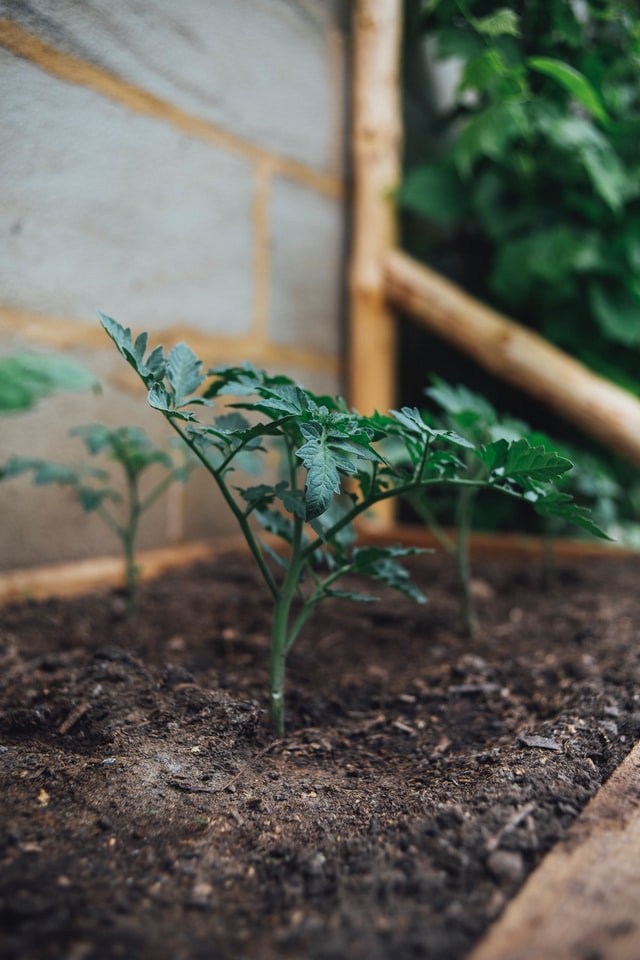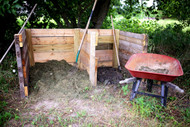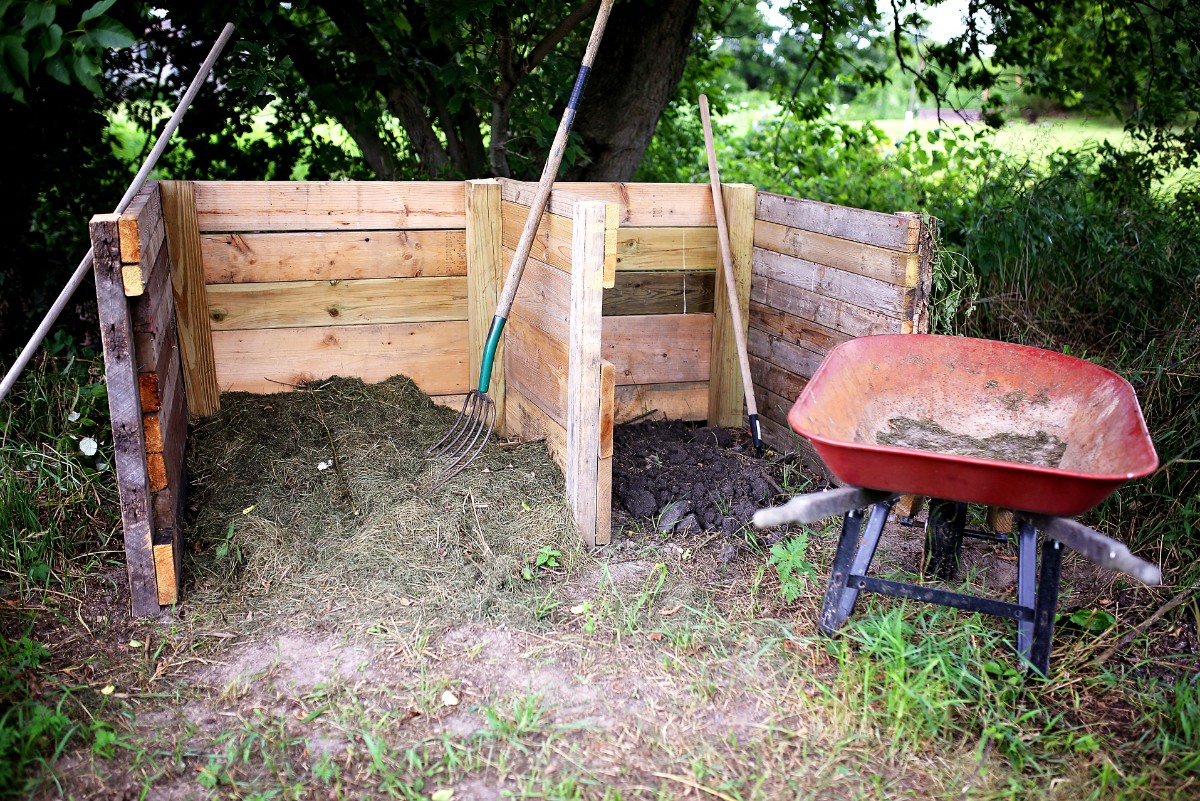Effective composting takes place at many levels: In rural, suburban, and urban areas there are a variety of different types, at different scales. Industrial facilities can serve a large population and divert a significant amount of organic material away from landfill. Backyard, neighborhood, and community composting are smaller scale but no less important to the environment and community residents.
Locally-based or community composting can build support for larger food scrap recovery programs. Building the opportunity for community participation and ownership is crucial for both sustainability and resilience.
Under-served Communities Bear the Brunt of Climate Change
Climate change disproportionately affects communities of color. The same systems designed to keep black people from home ownership have resulted in communities with fewer resources, food insecurity, economic inequality, and lower access to public services.
These same communities are more likely to have harmful businesses located nearby (factories, power plants, landfills). They have higher rates of illness, more polluted air, and take longer to recover from natural disasters.
“These disparities are leading to both health and environmental crises that fall along racial lines in communities across the United States.”
- Leah Thomas, Why Every Environmentalist Should be Anti-Racist

What is Environmental Justice?
“It basically says that the environment is everything: where we live, work, play, go to school, as well as the physical and natural world. And so we can't separate the physical environment from the cultural environment.”
- Dr Robert Bullard, for Earth First! Journal
We cannot hope to fight climate change without first addressing racial injustice - it is crucial to recognise that the two are interlinked.
Discriminatory policies, and a lack of interest from environmental organizations in addressing diversity and social issues, have largely excluded BIPOC (Black, Indigenous, People of Color) voices from the environmental movement.
Diversity in environmentalism brings valuable perspectives and personal experience to the fight against climate change. Unique perspectives lead to connections and discoveries that would not have been made otherwise. We cannot effectively help our planet, and one another, without including all voices.
Black Farmers are Leading the Way in Regenerative Agriculture
Zero Waste Strategies Benefit All Communities
A Zero Waste system reduces the depletion of natural resources. It conserves energy, reduces water usage, and prevents pollution. It strengthens local economies and stops the destruction of ecosystems.
Take, Make, Waste
The traditional linear economy is a system built on exploitation - of humans and natural resources.
The wasteful attitude of a linear economy permeates through every aspect of our culture. It creates a way of life where we not only see products as being disposable, but also people and communities. A throw-away society devalues workers, pollutes our communities, and even damages our relationships.
Dismantling this system helps those put most at risk by the current model. Replacing it with a circular economy creates the path for a sustainable and healthy future for all.
What Does Composting Have to do With Environmental Justice?
We already know about the environmental benefits of composting! It is one of the best ways to reduce waste and care for the environment.

Composting on a local level creates eco-friendly neighborhoods, but it also promotes social inclusion and empowerment.
By building healthy soil, community composting supports local food production and food security. It creates and sustains local jobs, and strengthens the skills of the workforce.
Composting can keep air cleaner in communities where waste is otherwise incinerated or sent to landfill. Baltimore has some of the most polluted air in the United States, but community composting initiatives are fighting back.
The Baltimore Compost Collective Fighting Asthma with Compost
Organic waste and food scraps, originally treated as waste, are recognised as resources. Nothing is wasted - instead it becomes an asset, and an opportunity for engaging the community.
Composting is a crucial part of building a strong circular economy.
Building Resilient Communities Through Composting
“Composting is one way to not only help keep waste out of chronically disenfranchised communities but it is also a form of protest and resistance against racist policies that allow for our garbage to pollute marginalized communities.”
- Jesi Taylor Cruz for Common Ground Compost
While the majority of the work is done by community leaders and compost advocates, support for composting initiatives is crucial at all levels! Businesses are in the unique position of being able to directly support their sustainable community.
There are several ways sustainable businesses can advocate for community composting:
- Make customers aware of your compost advocacy! Promote composting as part of your marketing and let customers know your packaging is compostable!
- Work with existing composters and collection services. Offer a compostable packaging “return scheme” for customers to dispose of packaging if they don’t have compost access.
- Promote composting in the community by sponsoring (or even leading the creation of) community composting initiatives.
Awareness is key, and access to composting builds up all communities! We cannot have climate justice without social justice. We can’t end landfills, and the pollution of marginalized communities, unless we all have composting access.


